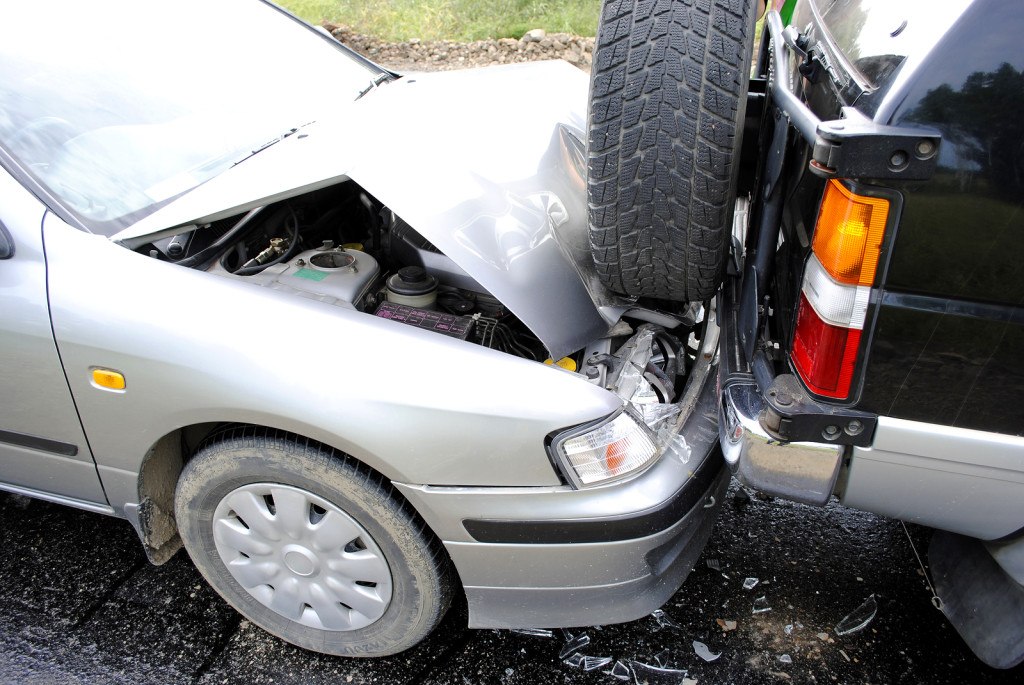A Florida appeals court has put a fine point on the still-evolving “going and coming rule” in workers’ compensation law.
The 1st District Court of Appeal found that a man injured on his way to a jobsite was not due benefits, even though he was carrying some work supplies at the time of the automobile accident and had been partly paid for his gas expenses.
The take-away for employers and insurers may be that the injury was not compensable because the electrician was non-salaried, was not fully compensated for his gas money, did not transport large amount of materials, and was en route from home to his first job of the day – not between jobs – when he was involved in the collision.
The opinion in DSK Group and Zurich American vs. Jorge Hernandez, posted Wednesday, overruled a workers’ compensation judge’s 2019 decision. It left the now-retired comp judge, Stephen Rosen, shaking his head.
“It seems to me the court went out of its way to avoid paying this guy compensation,” Rosen said Thursday. “They disregarded the facts, I say.”
George Kagan, the insurers’ attorney in the case, said the court got it right, based on the going and coming rule and its exceptions. Even after decades of court review, the rule is still debated in some circumstances.
“It’s settled law, but there are so many permutations to it,” Kagan said.
Hernandez was working for DSK, an employee-leasing company in August 2018. He was on his way to a jobsite for KBF Renovations Inc., a remodeling contractor near Tampa, one morning when a drunk driver collided with his vehicle.
Florida’s coming-and-going rule, like those in most states, generally bars workers’ comp benefits for employees who are commuting to and from work. The rule was established by the courts in 1941 and was codified by the Florida Legislature in 1990, the appeals court explained. The thinking was that with so many workers at risk of an accident during their commutes, when they are essentially off duty, the comp system “could not afford to cover the thousands of accidents which routinely occur,” the court wrote, quoting from a 1986 court decision.
But the law also allows an exception for “traveling employees” who are required to travel extensively for work. They are more often considered eligible for benefits if injured while traveling. But that exception has its own limits and usually applies only if the injury occurs in the course and scope of employment, and not necessarily while in route to work.
Rosen decided that Hernandez was not a traveling employee but was what he termed a “field employee.” The appeals court said that label was not found in the statutes and Rosen was in error.
A key reason for Rosen’s decision was that, while the electrician’s hourly pay did not start until he reached the jobsite, the employer had provided him with a fuel credit card. Hernandez also carried some supplies necessary for the electrical work, suggesting that the man was in the course and scope of employment when injured.
“He was paid by the hour, but in addition, he also got $165 a month in gas money,” Rosen told the Insurance Journal. “And he carried some materials in his car. How would they have gotten to the site if he didn’t take them?

“I find that the hazards of the road were inherent to the claimant’s employment with this employer,” Rosen wrote in his 2019 decision.
Kagan pointed out that Hernandez had testified that the gas card did not cover all of his fuel expenses, although at the comp court hearing, Hernandez said he would request more if needed. Nonetheless, The appeals court noted that the fuel allowance did not mean that the employer was compensating Hernandez for drive time from home.
“None of the evidence regarding the monthly $165 company credit card allowance for gas demonstrated that the employer intended to reimburse Hernandez for any specific mileage cost he incurred between his home and the job sites,” Judge A.S. Tanenbaum wrote for the three-judge panel.
On appeal, the claimant’s attorney argued that Hernandez was, in fact, a traveling employee, exempted from the comings-goings-rule. But the appeals court did not buy into that, either.
The decision also highlights the fine line that case law and statutes have continued to draw between what’s compensable and what’s not. If the electrician had been salaried, or had been traveling between job sites, or had been on a special errand for the employer, or had carried extensive amounts of materials, it’s more likely his injuries would have been compensated, the court and the attorneys in the case said.
Hernandez’ lawyer, Kimberly Hill, pointed to a 2000 case known as McCormick v. Florida Auditor General. The worker in that case was injured on her way home from a field audit, and the 1st DCA at the time found that the injury was compensable, partly because she was a salaried employee.
The difference in that case, Kagan said, was that McCormick routinely took long trips for audits, was paid for her mileage and was paid a per diem amount for lunches.

The appeals court noted that “this all meant that her drive, even though it was to her home, was part of her work, rather than coming from work. The compensated status of the travel made her a ‘traveling employee,’ excepted from the ‘going or coming’ exclusion.”
At the end of the day, Rosen said, Hernandez came up short. He may have filed suit against the other driver, and may have had health insurance, but he was never reimbursed for the time he could not work.
Kagan, based in Gulf Stream, said the Hernandez decision should put an end to claims from workers who are injured in route to work, carrying small amounts of tools or supplies.
“The days of ‘some employer material’ in claimant’s car or truck, or ‘a different worksite daily’ constituting going and coming exceptions are over,” Kagan wrote in an email Thursday to other comp lawyers. “Such folks are simply going to and from work, which is not compensable as a matter of statutory policy.”
The claimants’ attorney in the appeal could not be reached for comment Thursday. But Rosen said he fully expects that the decision will be appealed to the Florida Supreme Court.
Was this article valuable?
Here are more articles you may enjoy.


 Why 2026 Is The Tipping Point for The Evolving Role of AI in Law and Claims
Why 2026 Is The Tipping Point for The Evolving Role of AI in Law and Claims  Hackers Hit Sensitive Targets in 37 Nations in Spying Plot
Hackers Hit Sensitive Targets in 37 Nations in Spying Plot  Navigators Can’t Parse ‘Additional Insured’ Policy Wording in Georgia Explosion Case
Navigators Can’t Parse ‘Additional Insured’ Policy Wording in Georgia Explosion Case  One out of 10 Cars Sold in Europe Is Now Made by a Chinese Brand
One out of 10 Cars Sold in Europe Is Now Made by a Chinese Brand 